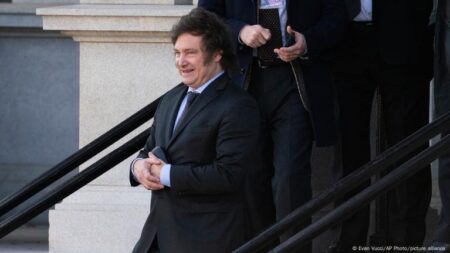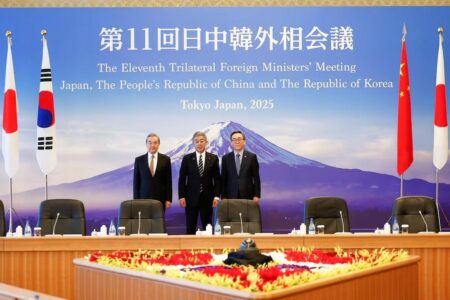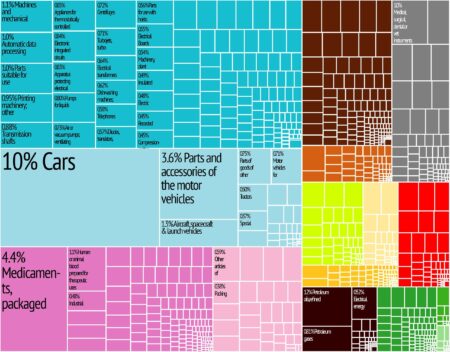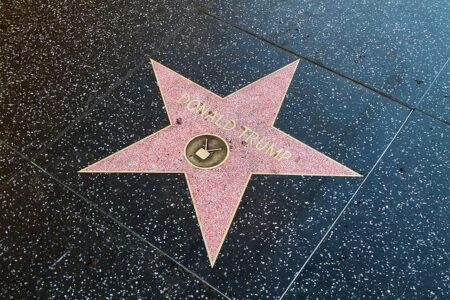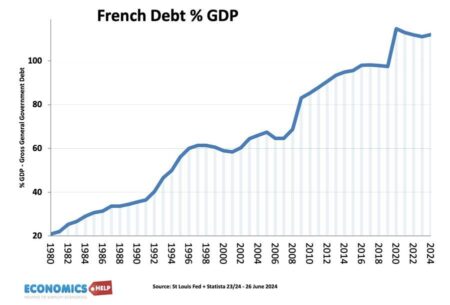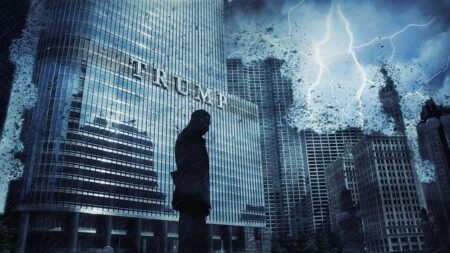As tensions escalate in the ongoing trade conflict, experts weigh in on whether China can withstand a prolonged U.S. tariff war. With its vast manufacturing base and strategic economic measures, Beijing may have tools to mitigate the impact.
Browsing: political economy
In a surprising twist amid ongoing trade tensions, experts suggest that Donald Trump’s tariff war with China could lead to lower prices for Australians on Chinese-made goods. With tariffs affecting American imports, Australian consumers might benefit as costs adjust.
In a bold move to revitalize Argentina’s economy, President Javier Milei has initiated sweeping deregulation, cutting bureaucratic red tape with a “deep chainsaw” approach. Advocates at the Cato Institute praise this strategy as essential for fostering business growth and attracting investment.
In a strategic move, China, South Korea, and Japan have agreed to enhance their trade relations amid ongoing U.S. tariffs imposed during the Trump administration. This collaboration aims to bolster economic stability and counteract the impacts of protectionist policies.
In the face of growing U.S. tariffs under Trump, Germany’s export-driven economy faces uncertainty. As trade tensions escalate, German manufacturers express concern over potential impacts on their competitive advantage in the global market.
Seizing Russian assets, while appealing in theory as a response to international aggression, presents significant legal and logistical challenges. This complexity involves navigating international law, diplomatic repercussions, and potential retaliation, complicating enforcement efforts.
In a pivotal move, Donald Trump has pressured India to adjust its tariffs, declaring, “Whatever you charge, I‚Äôm charging.” This ultimatum marks a significant escalation in trade tensions, compelling India to reconsider its economic stance amid global trade negotiations.
As Germany embraces expansive fiscal policies to stimulate its economy, questions arise about the implications for the Eurozone. Will its robust spending capacity create tensions among member states or lead to a stronger, more unified Europe?
The U.S. has enacted new tariffs on imports from Canada and Mexico, alongside increased tariffs on Chinese goods. This move, outlined by the law firm Clark Hill, aims to address trade imbalances and bolster domestic industries amid ongoing economic tensions.
French Economy Minister Bruno Le Maire has proposed the introduction of a tax on the wealthy to support the nation’s military expansion efforts. This initiative aims to bolster France‚Äôs defense capabilities amid increasing geopolitical tensions in Europe.
Amidst economic uncertainties, Germany’s Finance Minister Christian Merz has initiated a fiscal awakening aimed at revitalizing the nation’s economy. His strategic policies may steer Germany back on track, fostering growth and stability in the Eurozone.
In a significant shift in trade policy, President Trump’s tariffs on imports from Canada, Mexico, and China have taken effect, aiming to protect American industries. Critics argue these measures could disrupt supply chains and raise consumer prices.


